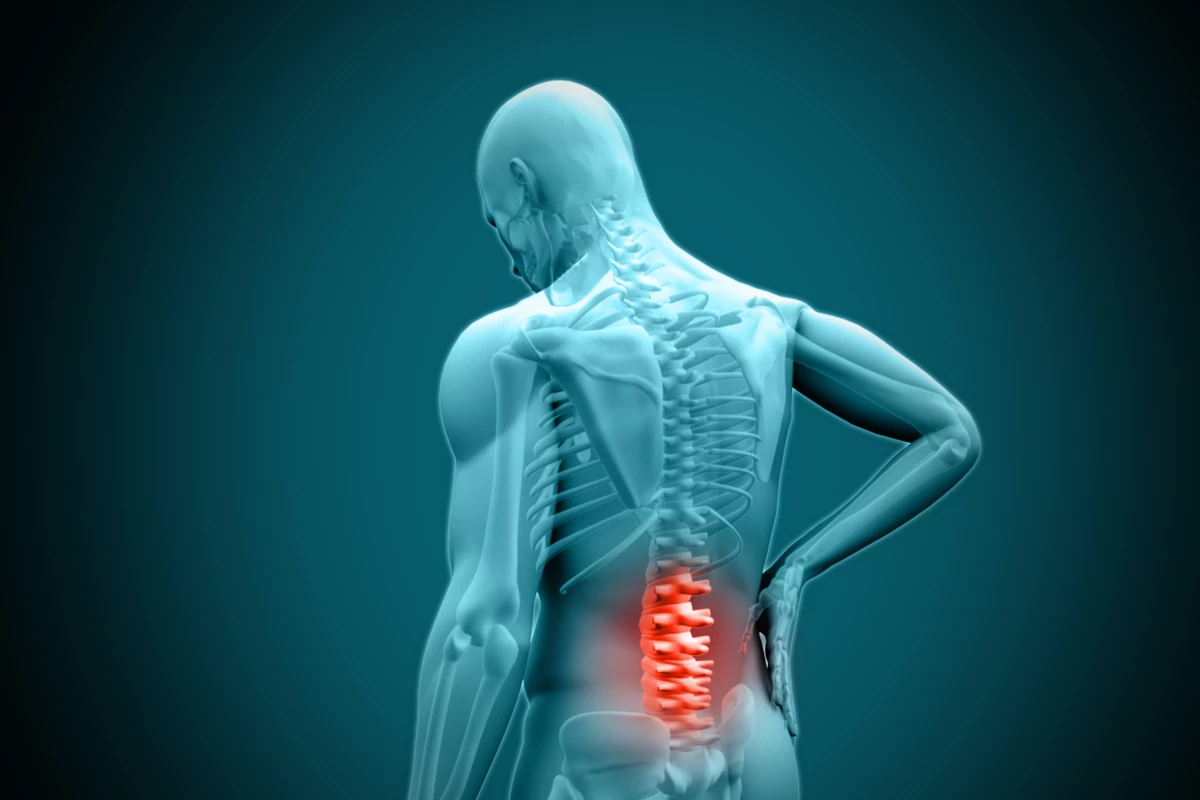A new study led by researchers at McGill University challenges current notions of how acute pain is treated. The findings suggest treating some forms of acute pain with anti-inflammatory drugs may actually increase the risk of that pain developing into a chronic condition.
The focus of the research was to look at what causes acute pain to transition into a chronic condition. The first step involved studying the expression of certain genes in a cohort of patients with acute lower back pain.
The first clue something unusual was going on came when the researchers saw broad activity in immune-related genes across the patients who recovered swiftly from their acute back pain. Those same genes were conspicuously silent in the patients who experienced longer-term chronic pain. Essentially it seemed like those people less likely to experience chronic pain showed a heightened inflammatory response when they were suffering from acute pain.
“In analyzing the genes of people suffering from lower back pain, we observed active changes in genes over time in people whose pain went away,” explained co-senior author Luda Diatchenko. “Changes in the blood cells and their activity seemed to be the most important factor, especially in cells called neutrophils.”
This was unexpected, as anti-inflammatory drugs are routinely used to treat lower back pain, and years of evidence has established they do help reduce pain. But this initial finding suggested suppressing an early inflammatory response to pain could be doing something to increase the risk of chronic pain developing.
So the researchers moved to a series of mouse experiments to see if that actually played out. When mice with back injuries were administered conventional non-steroidal anti-inflammatory drugs they were more likely to experience persistent longer-term pain despite the drugs effectively working as an analgesic in the short-term. Mice with similar injuries treated with either saline or a different analgesic were less likely to display signs of chronic pain.
More specifically the researchers homed in on immune cells called neutrophils. They found directly blocking the activity of these cells led to pain responses in animal tests that lasted for 10 times longer than normal controls.
“Neutrophils dominate the early stages of inflammation and set the stage for repair of tissue damage,” said Jeffrey Mogil, co-senior author. “Inflammation occurs for a reason, and it looks like it’s dangerous to interfere with it.”
Finally the researchers looked at real-world medical records from half a million people in the UK. That investigation strikingly found people taking anti-inflammatory drugs for back pain were around 75 percent more likely to report persistent chronic pain two to six years later compared to those who take acetaminophen or anti-depressants.
The researchers are aware their findings will likely be controversial as treating acute pain with anti-inflammatory drugs has been standard practice for decades. Speaking to STATnews Mogil said the research team faced challenges getting the new study published in a journal as peer-reviewers were concerned at the radical implications of the findings.
Ultimately the researchers do not suggest patients altogether avoid anti-inflammatory drugs based on this one study. There are plenty of occasions where steroids and non-steroidal anti-inflammatory drugs are crucial and valuable therapeutic options.
Diatchenko said the next step will be to conduct a randomized clinical trial comparing the long-term outcomes of anti-inflammatory drugs to other analgesics on chronic pain outcomes.
“We discovered that pain resolution is actually an active biological process,” said Diatchenko. “These findings should be followed up by clinical trials directly comparing anti-inflammatory drugs to other pain killers that relieve aches and pains but don’t disrupt inflammation.”
The new study was published in Science Translational Medicine.
Source: McGill University




